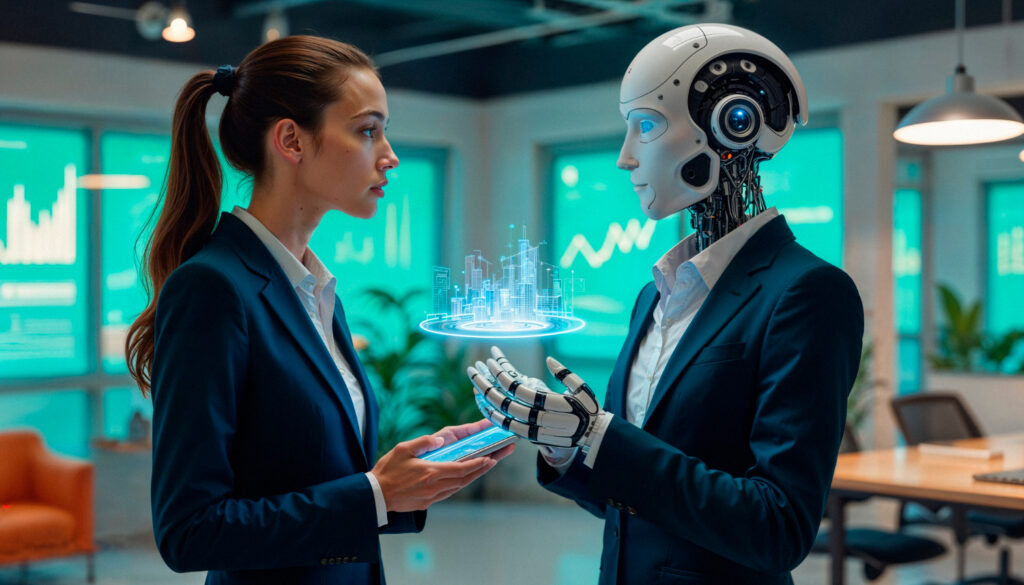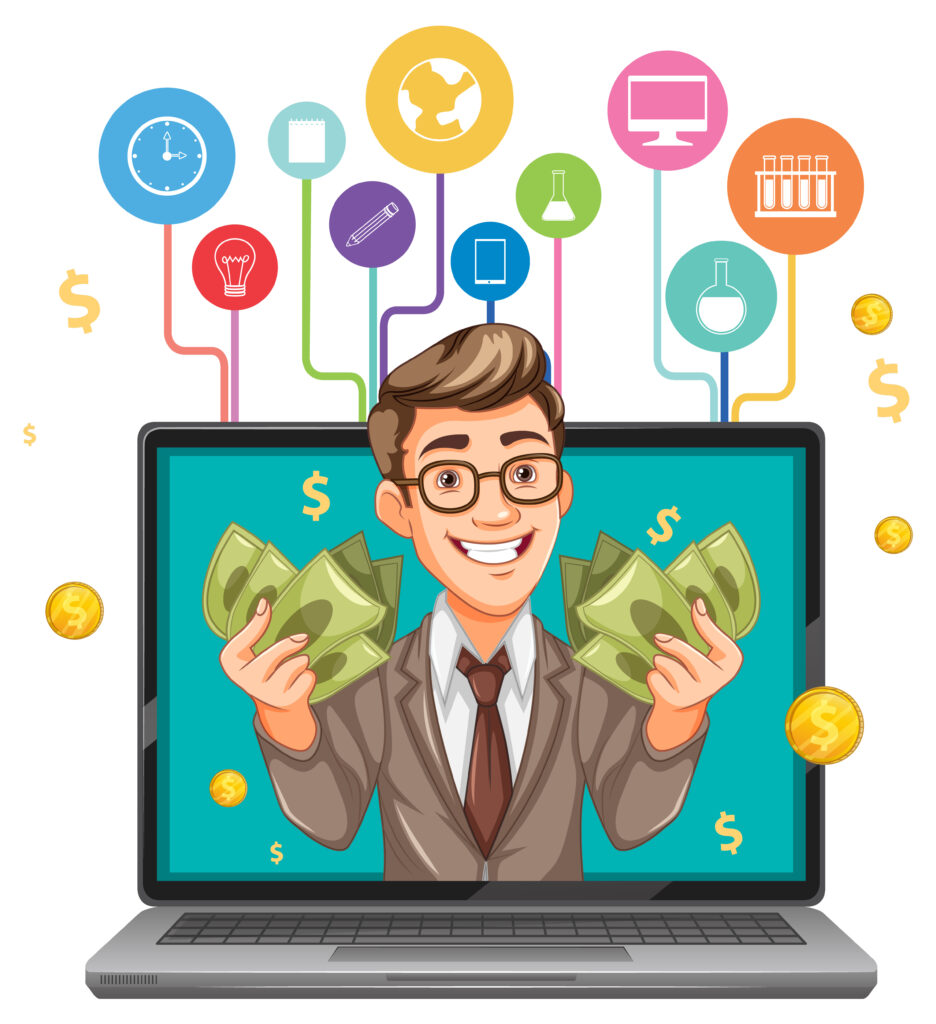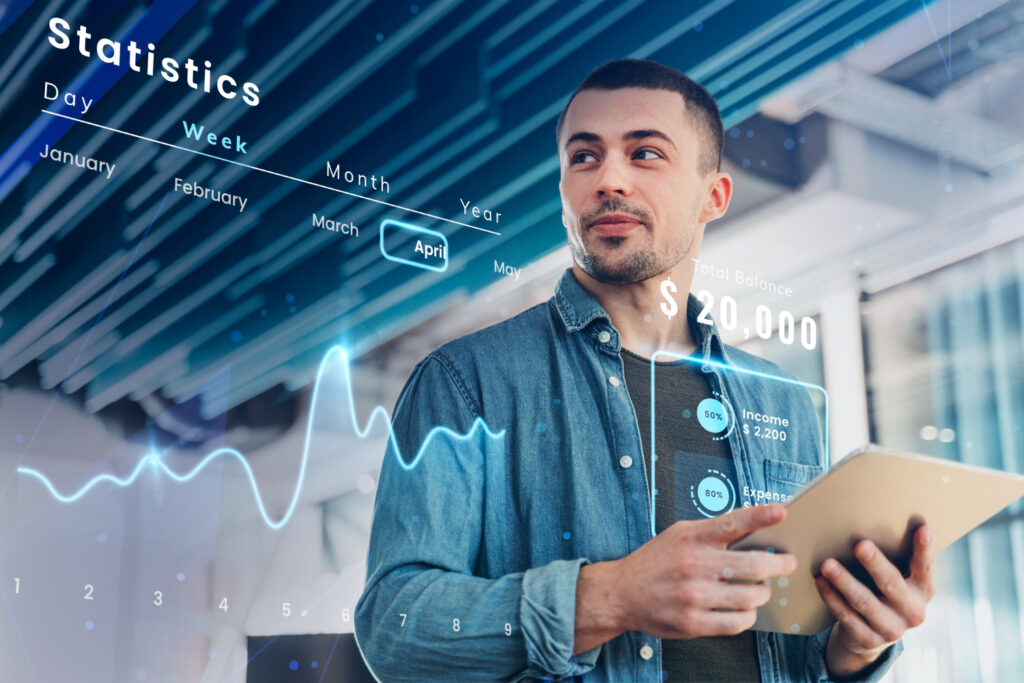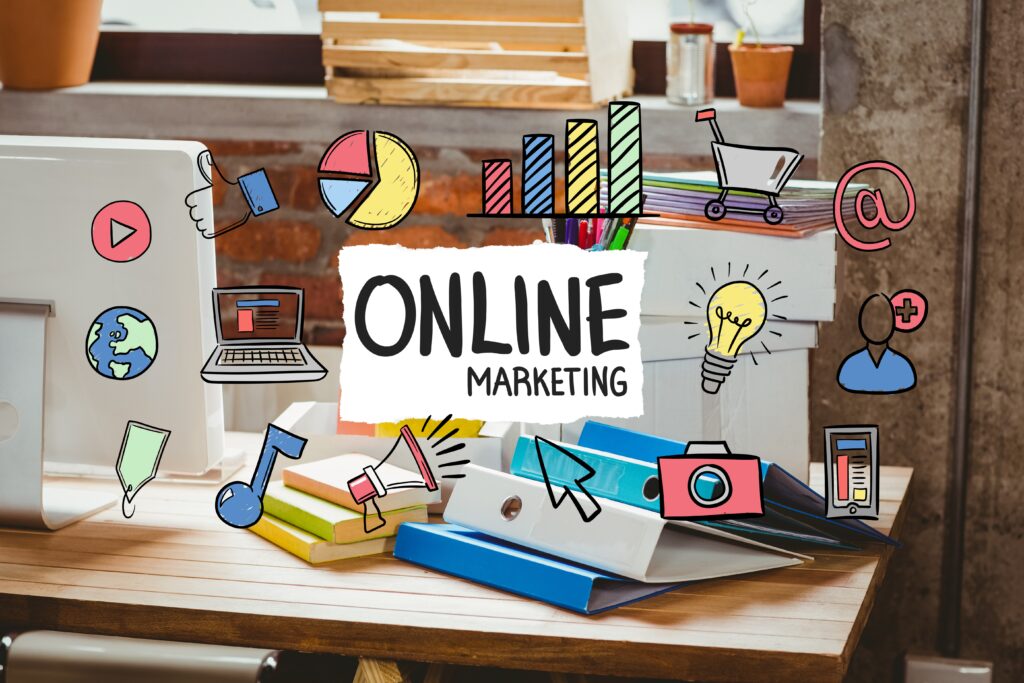Marketing has transformed drastically over the past decade. From traditional billboards to algorithm-based targeting, the field is now defined by data, personalization, and efficiency. At the heart of this transformation lies the question: Artificial Intelligence vs. Human Intelligence in Marketing — which is better?
This debate is not just theoretical. Businesses must understand the strengths and limitations of both to build strategies that resonate with customers and achieve growth. This blog explores how AI and human intelligence differ, and complement each other, and why the smartest approach may be blending both.
What is Artificial Intelligence in Marketing?
Artificial Intelligence (AI) refers to machines programmed to mimic human cognition—learning, decision-making, and problem-solving. In marketing, AI enables:
- Predictive analytics
- Customer segmentation
- Chatbots and customer service
- Personalized content recommendations
- Automated email campaigns
- Real-time bidding in advertising
These capabilities allow marketers to scale efforts, increase efficiency, and uncover patterns humans might miss.
What is Human Intelligence in Marketing?
Human intelligence refers to creativity, emotional understanding, cultural context, and critical thinking. While machines process data, humans:
- Craft brand stories
- Build customer relationships
- Interpret ambiguous feedback
- Make ethical decisions
- Innovate and experiment
These human qualities are essential in campaigns that require emotion, empathy, and deeper customer connection.

Key Differences: Artificial Intelligence vs. Human Intelligence in Marketing
| Aspect | Artificial Intelligence | Human Intelligence |
| Speed | Processes data in milliseconds | Slower, based on human cognition |
| Creativity | Limited to what it’s trained on | Unlimited, abstract, and emotionally intelligent |
| Scalability | Easily scales tasks like segmentation and automation | Harder to scale manual, creative tasks |
| Emotional Connection | Lacks real empathy or intuition | Understands emotion and culture in communication |
| Decision-making | Based on data patterns | Combines data with experience and intuition |
| Cost Efficiency | Reduces labor costs long-term | May require more time and resources |
Understanding these differences helps businesses determine how to best use both forms of intelligence in their marketing strategy.
The Power of Artificial Intelligence in Marketing
Data-Driven Personalization
One of the strongest features of AI is personalization. AI analyzes user behavior, demographics, and interests to deliver targeted messages. For instance, Netflix uses AI to recommend content based on viewing habits—an approach marketers can emulate for products and services.
Predictive Analytics
AI can forecast customer behavior, lifetime value, and churn risk. Marketers can proactively address issues or opportunities rather than reacting after the fact.
Automation & Scalability
AI tools like chatbots, automated email responders, and ad platforms allow brands to engage customers 24/7, without human intervention. This frees up teams to focus on strategy and creativity.
The Value of Human Intelligence in Marketing
Storytelling and Creativity
A compelling brand story is still crafted by humans. AI may generate copy, but it lacks true storytelling intuition. For example, Nike’s emotionally resonant campaigns are created by human marketers who understand culture, timing, and sentiment.
Ethical Decision-Making
AI might optimize for clicks, but humans must assess ethical considerations. What message is being sent? Is the data collection process fair? These are decisions best handled by human judgment.
Emotional Intelligence
Understanding how consumers feel, react, and engage is a deeply human process. Marketing without empathy can feel robotic and alienating. That’s where human insight shines.
Elevate your brand’s presence and engage with your audience like never before with Con Fe Media’s expert social media marketing solutions.
Use Cases: When to Use AI vs. Human Intelligence in Marketing
| Marketing Function | Best Suited For AI | Best Suited For Humans |
| Email marketing | Automated email sequencing, A/B testing | Tone, empathy, message intent |
| Ad targeting | Real-time bidding, demographic segmentation | Ad concept creation, cultural sensitivity |
| Customer support | Chatbots, FAQs | Complex queries, complaints |
| Social media | Scheduling, sentiment analysis | Authentic engagement, creative campaigns |
| Content creation | Basic product descriptions, SEO suggestions | Long-form content, emotional storytelling |

How AI and Human Intelligence Complement Each Other
Rather than competing, the most effective marketing strategies blend the strengths of both. The concept of Artificial Intelligence vs. Human Intelligence in Marketing is shifting toward a collaborative model.
Human-in-the-Loop Systems
These systems allow humans to oversee AI processes, ensuring ethical and accurate outputs. For instance, an AI might suggest a subject line based on past engagement, but a marketer adjusts it to align with brand voice.
Creative Collaboration
Tools like ChatGPT or Jasper.ai can brainstorm content ideas, but humans refine tone, emotion, and clarity. This speeds up the content pipeline without sacrificing quality.
Case Study: Coca-Cola’s Use of AI & Human Intelligence
Coca-Cola has used AI to analyze customer feedback and social media chatter, identifying trends that inform product development. However, their advertisements remain human-driven, rich in storytelling, emotion, and cultural relevance.
This balance has helped Coca-Cola maintain innovation while preserving brand heritage.
Challenges of Relying Solely on AI in Marketing
While AI offers many advantages, there are risks in overdependence:
- Bias in data: AI learns from historical data, which may include biased patterns
- Loss of authenticity: Audiences may detect robotic content, leading to disengagement
- Over-automation: Poorly implemented automation (like generic email blasts) can hurt brand perception
Therefore, even as AI grows more advanced, human oversight remains vital.
The Future of Artificial Intelligence vs. Human Intelligence in Marketing
The future isn’t about choosing between Artificial Intelligence vs. Human Intelligence in Marketing. It’s about designing systems where both coexist.
Hybrid Teams
Marketing departments are increasingly building hybrid teams—data scientists work alongside creatives, and AI engineers partner with brand strategists.
Ethics & Transparency
As AI takes on more decision-making, brands must invest in transparent, ethical practices. Human oversight will be crucial to ensure fairness, inclusivity, and brand integrity.
Tips for Integrating AI and Human Intelligence in Marketing
- Start small – Use AI for repetitive tasks like email automation
- Train your team – Help marketers understand how to use AI tools effectively
- Maintain a human voice – Ensure all messaging feels personal and authentic
- Audit regularly – Monitor AI outcomes for bias or poor performance
- Invest in collaboration tools – Use platforms that enable smooth handoffs between AI outputs and human input
Frequently Asked Questions
1. Is AI replacing marketers?
No. AI is enhancing marketing roles by automating tasks and providing insights, but creativity, empathy, and ethical thinking still require humans.
2. Can AI write good marketing content?
AI can generate basic copy, but it often lacks emotional depth and nuance. Human writers refine and personalize it.
3. How do I start using AI in marketing?
Start with tools like chatbots, email automation, and AI-powered analytics platforms. Gradually expand based on your needs.
4. Is AI in marketing expensive?
While some platforms are premium, many AI tools are affordable or offer free tiers, making them accessible to small businesses.
5. What industries benefit most from AI in marketing?
E-commerce, SaaS, finance, and media see the highest returns from AI-driven marketing due to high data volume and personalization needs.
Conclusion
The debate over Artificial Intelligence vs. Human Intelligence in Marketing isn’t about which is superior—it’s about how to use both strategically. AI offers speed, scale, and efficiency, while humans bring creativity, empathy, and judgment.
Brands that succeed in the digital age will be those that blend these strengths into cohesive, customer-centered strategies. Embrace AI, but never forget the power of human connection.






